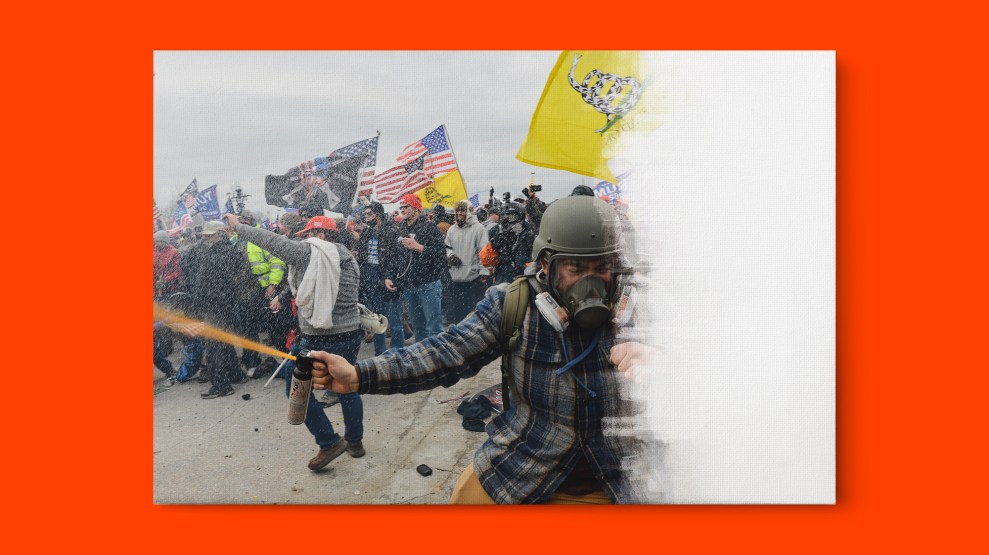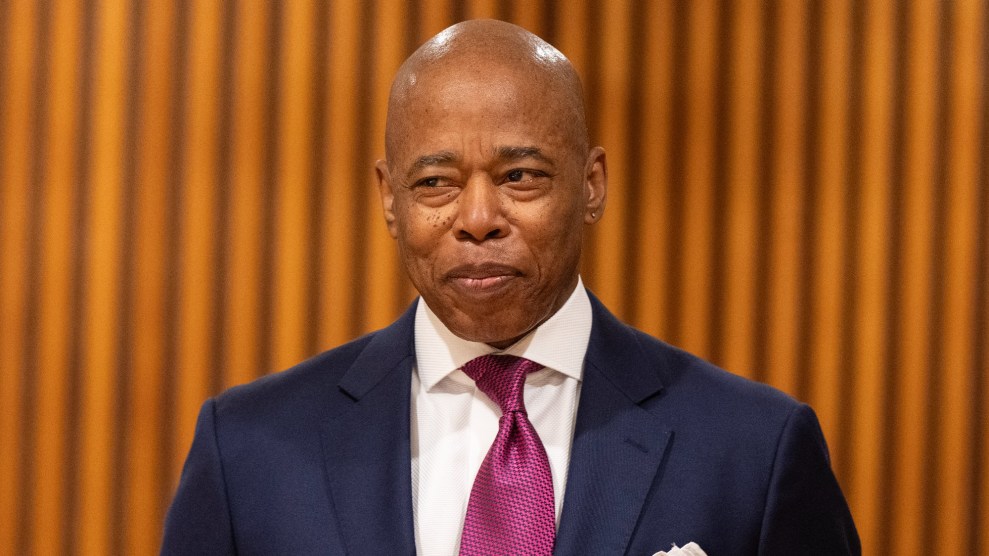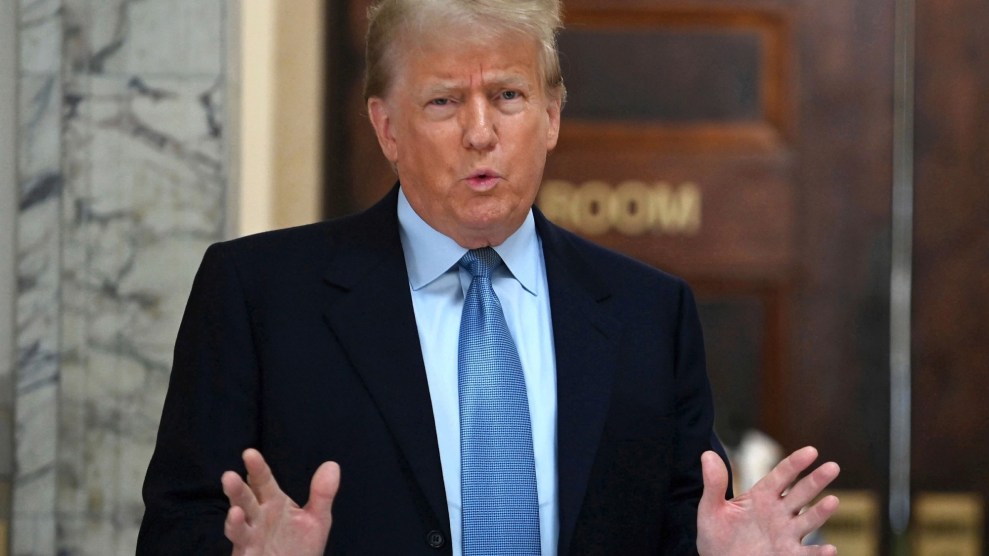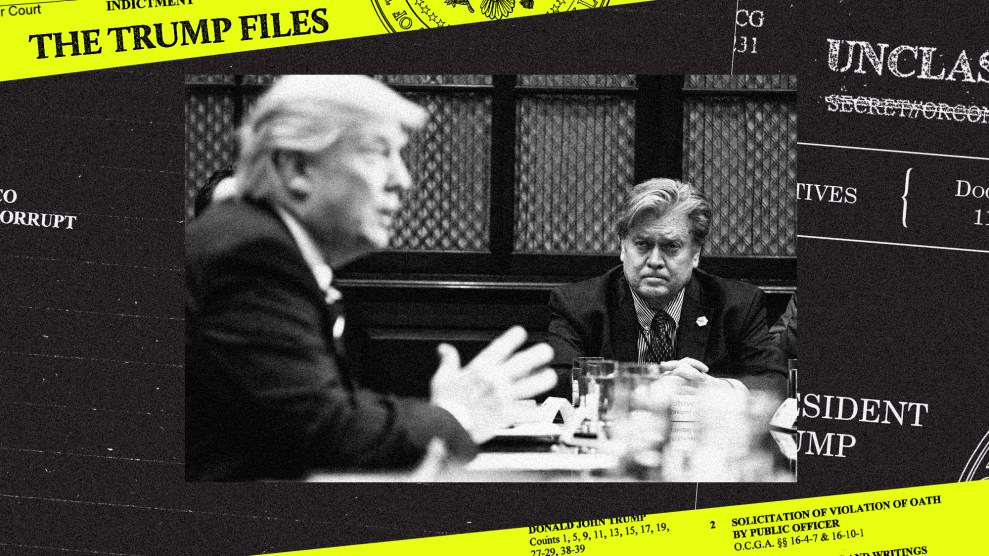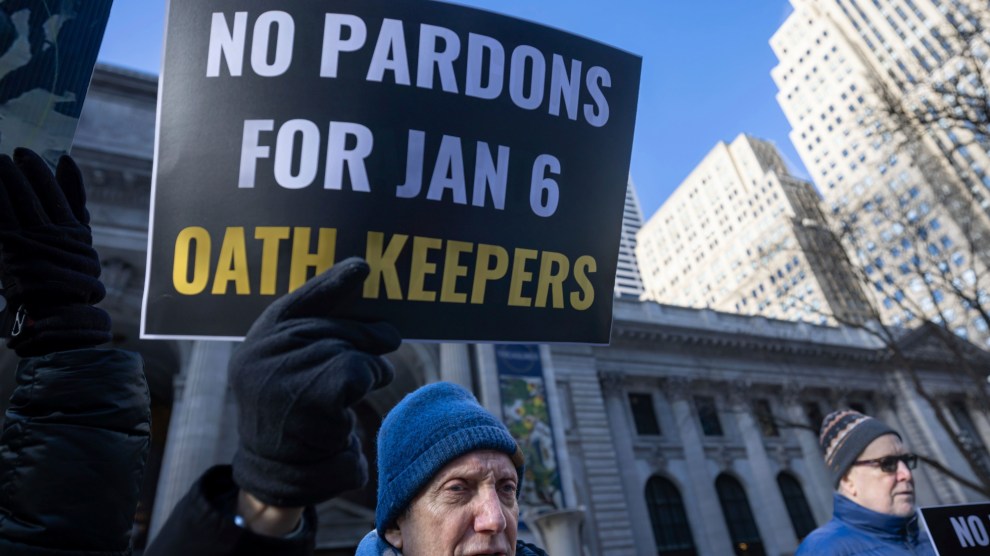
Protesters converge on the steps of the New York Public Library to mark the fourth anniversary of the January 6 attack on the US Capitol, demanding that there be no presidential pardons issued for the insurrectionists. Michael Nigro/Sipa/AP
President Joe Biden has issued a flurry of pardons during his final days in office, beginning with his grant of clemency to his son Hunter and continuing with a mid-December announcement that he had pardoned or commuted the sentences of nearly 1,500 Americans. This week, Biden told reporters that he was still considering issuing preemptive pardons for high-profile Trump critics before the end of his term. Donald Trump, too, has indicated that he’ll make liberal use of pardons, saying he’ll grant clemency to January 6 insurrectionists on his first day in office.
As this week’s episode of Reveal makes clear, debates over the presidential power of pardon are nothing new. Today’s show features audio from an interview with Gerald Ford, aired for the first time by Reveal in 2019, in which the former president discussed his 1974 decision to pardon Richard Nixon. “I had a visceral feeling that the public animosity to Mr. Nixon was so great that there would be a lack of understanding, and the truth is that’s the way it turned out,” Ford said. “The public and many leaders, including dear friends, didn’t understand it at the time.”
Also on this week’s episode, Reveal reports on the thousands of Americans who have been waiting for a presidential pardon for years in the aftermath of the war on drugs. Listen to the show here:
This is an update of an episode that originally aired in July 2019.
